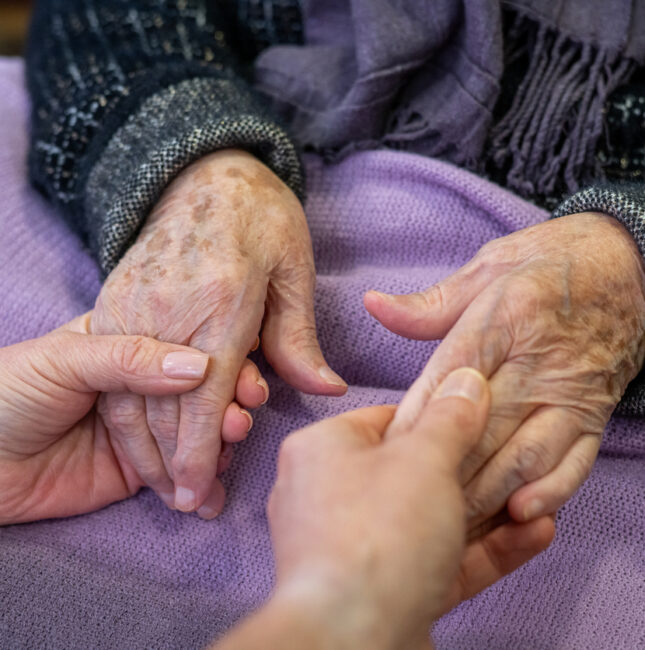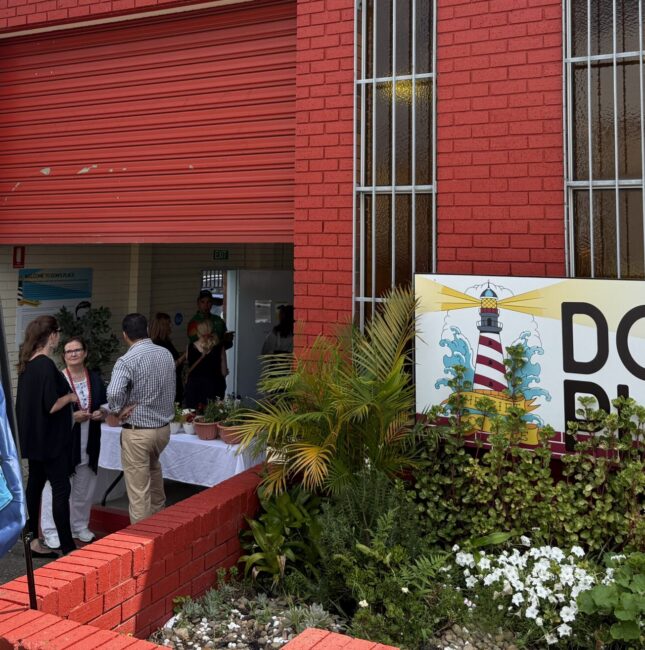New emergency relief funding very much needed
June 17, 2020
More than 13% of Australians live below the poverty line, after housing costs. Of the three million people living in poverty in Australia, 731,000 are children. One in six children under the age of 15 lives in poverty. Our Family Centres are tackling these issues, one person at a time, providing essential support to families in crisis who may not otherwise be able to afford their next meal, or face living in their car, through our emergency relief service.
* Stats provided by Australian Council of Social Service (ACOSS)
- CatholicCare’s Emergency Relief program provides much needed financial assistance including food hampers, vouchers, clothing, assistance with utility bills, rental arrears and transport costs.
- We supported more than 750 clients with emergency relief last year and we have seen a huge increase in requests and referrals since the bushfires and COVID-19.
- We provide referrals and information, so families have ongoing support to overcome current difficulties and financial stressors.
In May CatholicCare was provided with additional funding by the Federal Government to support the recovery of the recent bushfires as well as those who are most vulnerable and in need as a result of the COVID-19 crisis. We are very appreciative of this much needed funding!
Our dedicated staff are on hand and working hard to ensure rapid distribution to ease the devastating effects the bushfires had on individuals, families and communities. We are working with service partners and organisations that can access people directly affected by the recent fires. Nicci Rowe, Family Centre Manager says “We know people are still trying to piece their lives back together after this terrible event where homes and livelihoods were decimated. We are assisting with immediate needs such as food and utility bills as well as packages of material goods to support people who are rebuilding their lives”.
“The COVID-19 pandemic has dealt many people affected by the bushfires a double blow. Since March we have seen a spike in demand for emergency relief and we have assisted hundreds of people as the full force of these crises are felt”, she went on to say.
We are working flexibly to ensure that our funding reaches those who most need it in our communities. We are partnering with a number of food banks and newly created co-op’s. The newly created Northern Beaches Co-Op provides hot meals to elderly and vulnerable residents in the community. CatholicCare Emergency Relief has provided this co-op with funding for food items and helped access food heaters to deliver the food safely. We have also provided essential items such as nappies and baby goods directly to the maternity wards where mums have given birth early due to the stress of COVID-19.
On the Central Coast, we are assisting those experiencing homelessness who may have been provided a property to keep them safe through the COVID-19 crisis, but need assistance to set themselves up in a home. We have also helped women fleeing domestic violence who have no visa status or no income or family support – many of these women have young children. During the COVID-19 crisis we have seen an increase in domestic violence across the Diocese. Thankfully our Emergency Relief program can provide immediate assistance via food, clothing and white goods for those who leave their homes with nothing.
For more information, please contact CatholicCare on (02) 9481 2600 or visit www.catholiccaredbb.org.au
More news stories like this one
Introducing Crossroad Companions end of life service
When you receive a terminal diagnosis, life can suddenly feel uncertain and overwhelming. Questions arise, roles change, and you may find yourself moving from one medical team to the next. We're here to help.
Read MoreWorld Day of Social Justice – injustice isn’t accidental
World Day of Social Justice isn’t about slogans or good intentions. It’s about facing an uncomfortable truth - the systems we live within do not work equally for everyone, and pretending otherwise costs people their dignity, safety and hope.
Read More70 coffees for one great cause – Dom’s Place!
Eight Dom’s Place visitors recently completed barista training but the coffee cart isn’t just about serving coffee - it’s a practical way for them to develop pre-employment skills while contributing to the community.
Read More


